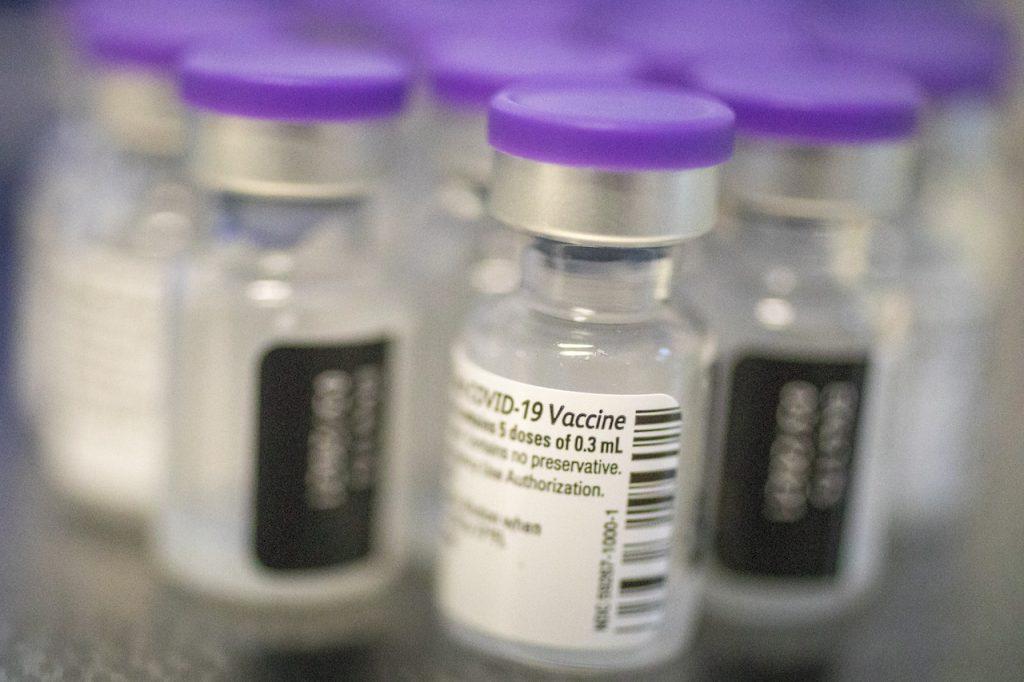BioNTech/Pfizer say vaccine can stand warmer temperatures
The companies have asked the US FDA to allow for the vaccine to be stored for up to two weeks at -25 to -15 degrees Celsius instead of the -80 to minus -60 degrees Celsius under existing guidelines.
Germany’s BioNTech and its US partner Pfizer on Friday said tests have shown that their coronavirus vaccine can stand warmer temperatures than initially thought, potentially simplifying the jab’s complex cold-chain logistics.
The companies said they have asked the US Food and Drug Administration to allow for the vaccine to be stored for up to two weeks at -25 to -15 degrees Celsius, temperatures commonly found in pharmaceutical freezers and refrigerators.
Under the existing guidelines, the BioNTech/Pfizer jab needs to be stored at a frigid -80 to minus -60 degrees Celsius until five days before use, a delicate process that requires special ultra-cold containers for shipping and dry ice for storage.
“If approved, this new storage option would offer pharmacies and vaccination centres greater flexibility in how they manage their vaccine supply,” said Pfizer CEO Albert Bourla in a statement.
The BioNTech/Pfizer jab, based on novel mRNA technology, was the first vaccine against Covid-19 to be approved in the West late last year.
It was soon followed by US firm Moderna’s vaccine, which uses similar technology but can remain stable at -20 degrees Celsius for six months and at normal fridge temperature for up to 30 days.
Another approved shot, developed by AstraZeneca/Oxford, uses more traditional vaccine methods and can be stored and shipped at standard fridge temperatures.
BioNTech CEO Ugur Sahin said BioNTech and Pfizer were continuing to work on “new formulations that could make our vaccine even easier to transport and use”.
The firms have also started testing their Covid-19 vaccine on healthy pregnant women.
The trial involves some 4,000 pregnant women in the US, Canada, Argentina, Brazil, Chile, Mozambique, South Africa, Britain and Spain.
Those in the US have already received their first dose, BioNTech and Pfizer said earlier this week.
Separately, a study focused on more than 9,000 medical staff at Sheba hospital near Tel Aviv showed that the first dose of the Pfizer vaccination is 85% effective against coronavirus infection between two and four weeks after inoculation.
Subscribe to our newsletter
To be updated with all the latest news and analyses daily.
